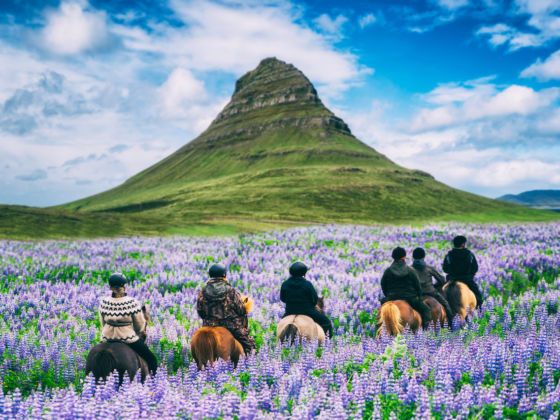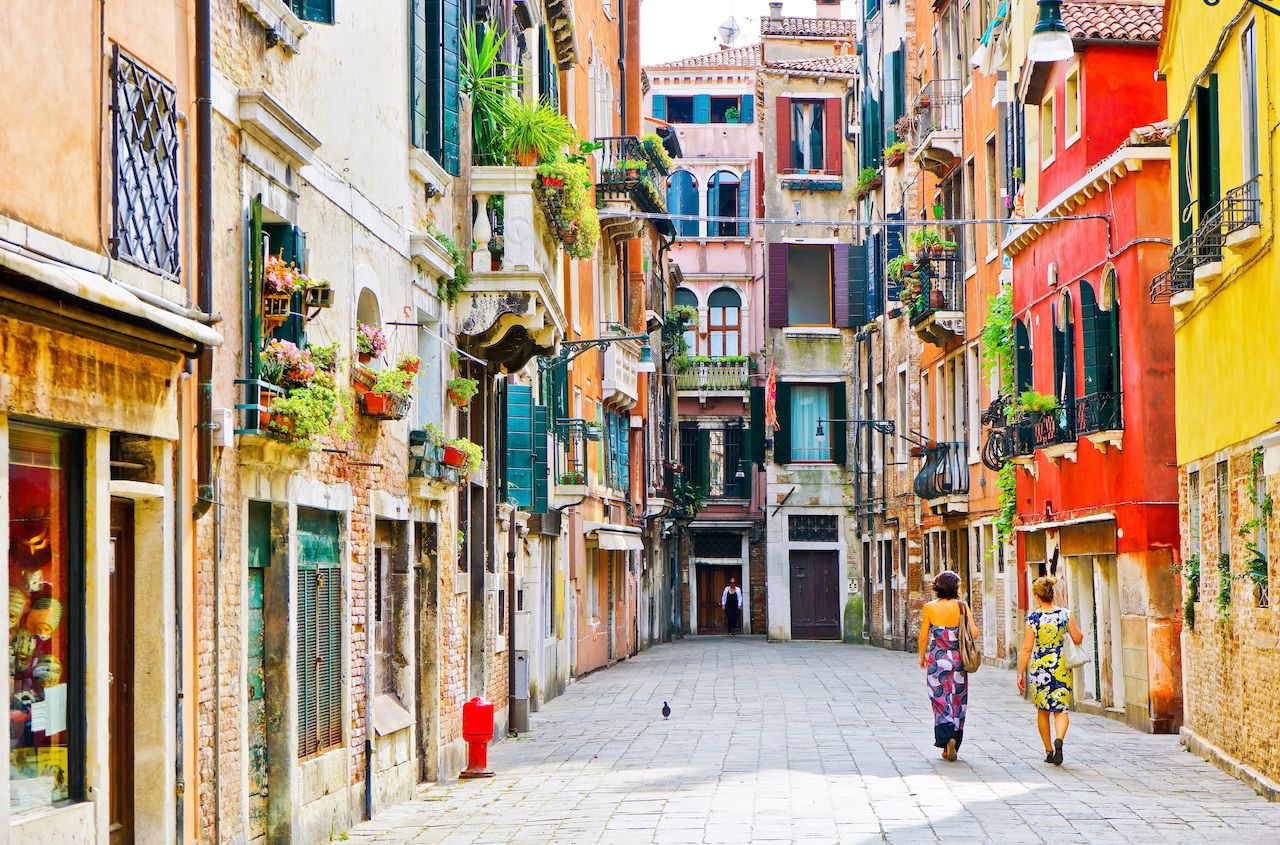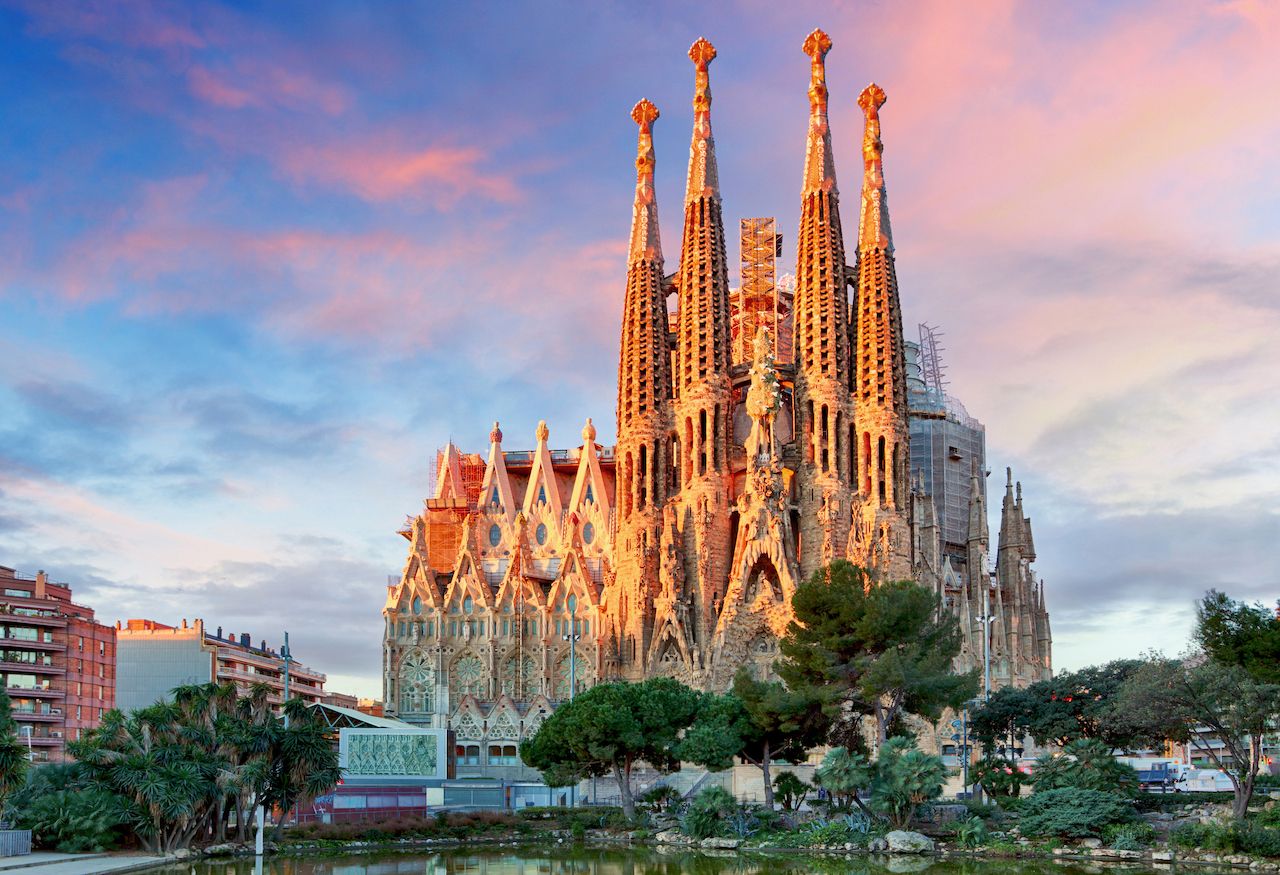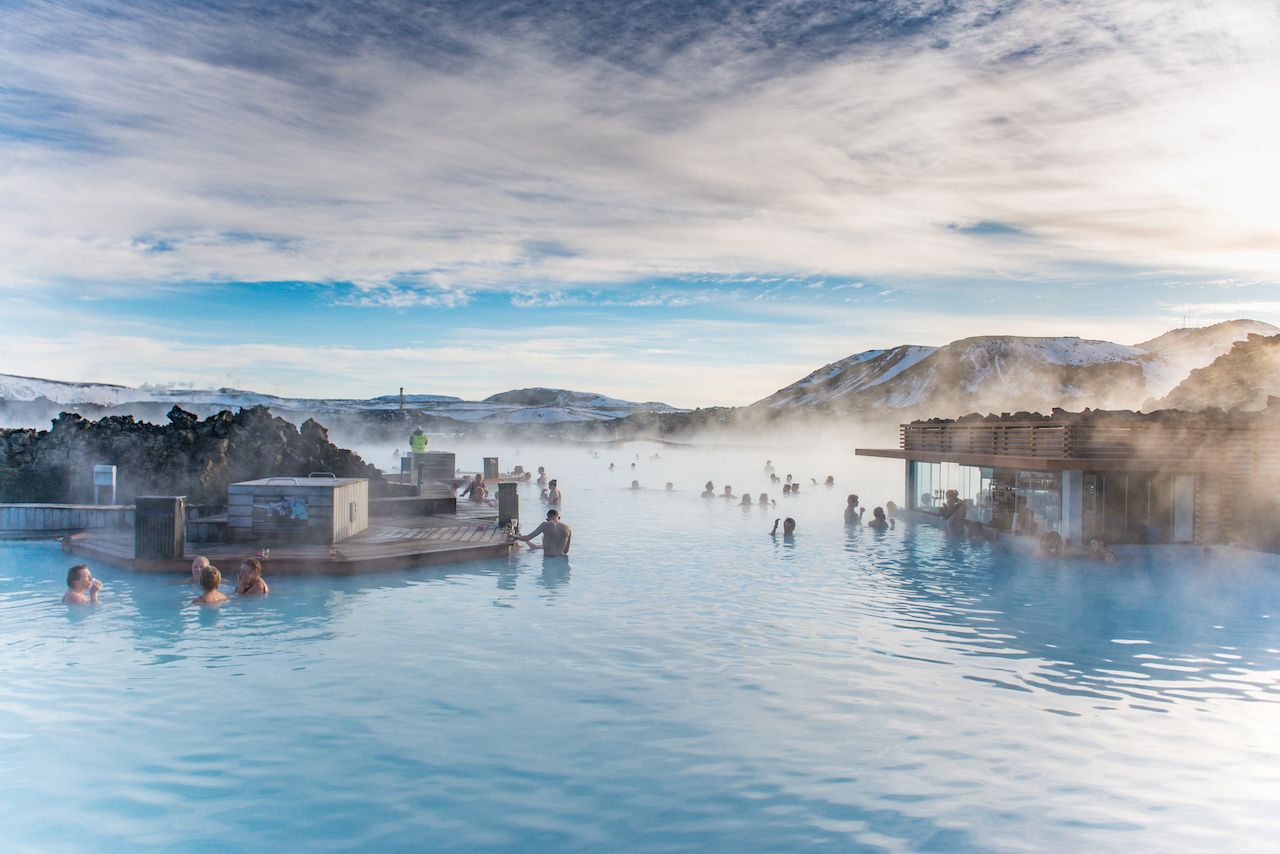After being confined to our respective cities and towns, perhaps having canceled long-awaited travel plans, many of us are anxious to know when we can explore the world again. We’re listening with excitement as more destinations announce plans to welcome back travelers. But even with the world gradually opening back up, our options of where to go this summer have been dramatically scaled back.


When We Travel Again, Don’t All Rush to the First Place That Will Take You
With every announcement of a reopened border, social media has been awash with commenters sharing their plans to visit. Assuming these Facebook comments tagging travel buddies aren’t just wishful thinking, it would appear as if the whole world has countries like Greece, Portugal, and Iceland on their minds — destinations that were already at the top of most bucket lists.
Before we all rush to book a flight to the first place that will take us, and crowd the same beaches, we should pause to consider travel’s darker aspect: overtourism. While travel may be good for the soul, and for the economies of the places we visit, the wrong kind of travel can erode the environment and wellbeing of those same destinations. Worse yet, visitors who may try to skirt a 14-day quarantine or social-distancing restrictions will threaten the country’s public health at a time when responsible decision-making is more important than ever.
That’s not to say we have to stay put indefinitely. We just have to be mindful of how our travel behaviors affect the world. For some of the most-visited destinations in the world, the pandemic has been a time to reflect on their relationship with tourism and consider a more sustainable model to take its place — and it’s imperative we follow their lead.
“It’s been refreshing in the sense that the city is even more beautiful in terms of quality of life,” says Valeria Duflot, co-founder of Venezia Autentica, which promotes locally focused tourism that better serves both visitors and residents. “It has been nice to be able to walk without having to fight your way through. It’s been nice to spot children more easily, to hear people speaking Venetian and Italian.”
But, adds Duflot, speaking to small businesses owners impacted by the sudden cessation of tourism has been “daunting.” Duflot adds that it’s become more clear than ever that Venice “is almost completely depending on this visitor economy.”

Photo: Javen/Shutterstock
A similar sentiment is being felt in Iceland, which will reopen to tourists in June. While some Icelanders worried in recent years about the ever-increasing numbers of visitors to their island nation, 2020’s tourism collapse has shed a light on how dependent the country is on the tourism sector, which last year made up 42 percent of the economy.
“It’s a big wheel, and when we lost the tourism, we really felt it, and now we know how important it is to keep the wheel running,” says Einar Birgir Baldursson, who together with his wife owns Ejya Tours, which operates tours on Iceland’s Westman Islands. He describes the knock-on effects of canceled flights, unemployed flight attendants, and diminished work for taxis and luggage handlers. And that’s before you even get to hotels, restaurants, and tour operators.
Despite the desire to bring back the travelers on which so many livelihoods depend, everyone we spoke to said that they’d like to see a few things change.
“I hope they take this change that this virus brought to all of us, to think about a more respectful tourism,” said Monica Vallejo, the general manager of Hostal Grau in Barcelona. Vallejo, who transformed the hotel her grandfather started into a LEED-certified boutique inn, is anxious to again welcome her typical guests, whom she describes as “concerned about the environment,” “appreciative of the location,” and “respectful.” At the same time, she says there is a type of traveler that Barcelona could do without.
“The reality is, I live from tourism. But there are also tourists who are not ideal,” says Vallejo, describing those who cram together in unlicensed Airbnbs, disturb neighbors, and buy their dinners from corporate supermarkets or fast-food chains. She says tourists who walk through the city streets shirtless in the height of summer also raise the rancor of residents.
Vallejo stresses that she doesn’t want to discriminate against tourists by income. Rather, she wants those who do come to be considerate visitors who contribute to the city’s economy and spend their money at local businesses.

Photo: TTstudio/Shutterstock
That’s a theme echoed by Duflot, who had already spoken with Matador prior to the pandemic about how we can be better travelers. In our recent conversation, Duflot reiterated the importance of supporting the local economy by eating, shopping, and staying at locally owned restaurants, stores, and hotels.
The kind of visitor you want, said Duflot, is “not what is the typical profile of the visitors today in cities like Venice and Barcelona and so on that are day-trippers.” Many such day-trippers alight off cruise ships by the thousands. But Venice’s Duflot and Barcelona’s Vallejo stressed that they appreciate those cruisers who may be starting or ending their journeys in their respective cities and actually spending a few days there.
“They are great clients. I have many of them,” said Vallejo. “They don’t just go to the ship. They come a few days early. They take advantage of being here and spend a few days in Barcelona.”
Duflot and Vallejo, however, both acknowledge the environmental costs of cruise ships. “In terms of the environmental impact globally, cruise ships are terrible,” said Duflot, adding that the mammoth ships worsen the air quality in Venice by releasing “toxins in the air.”
As we make plans for our next trip, our ecological impact should certainly be another consideration. In a place like Iceland, where the landscape is the draw, 2.3 million annual visitors to a country of 360,000 residents can affect the local ecosystem.
Currently, the Icelandic government is using this unwanted tourism hiatus to make changes that could benefit the country longer term.
“They’re spending time and money to fix things,” says Baldursson, a tour operator, of the government’s activities during this tourist-free moment. “Instead of people walking everywhere and over everything, driving sometimes over everything, they now kind of set walking routes. They’ve put trash cans. Bathrooms.”
Now, it’s up to us to stay on those newly delineated hiking paths and use those garbage bins. To anyone who cares about the environment, that part may seem obvious. But an urban community deserves our consideration, as well. It’s someone’s home.
In fact, that’s a good first step in thinking about how to travel. Duflot believes travelers should have the attitude, “I’m a temporary resident, and so I’m going to be taking care of that place like it’s my own. Actually, even more, because you’re traveling. You don’t spend the same way [as you do at home]. You spend more.”

Photo: rayints/Shutterstock
There’s an implicit message here that if you are going to enjoy the hospitality of a location, you should not merely be respectful of its residents and environment. You should also contribute to that place’s economy.
Until recently Venice, a city of 270,000, endured an astonishing 30 million annual visitors, many of whom clogged its narrow streets and slender bridges. If Venetians are going to tolerate this assault on their environment, privacy, and mobility, it’s fair that they request something in return.
This is not to suggest that you shouldn’t travel if your funds are limited. Travel’s power to transform should be denied to no one. In fact, we hope that the inclusive travel we’ve seen of late isn’t a victim of the coronavirus pandemic due to potentially costly restrictions placed on how we are permitted to see the world.
Instead, you could explore smaller, less-visited cities and towns that will be less expensive and welcome whatever amount it is that you are able to spend. You also wouldn’t be adding to the crush of crowds. And you can heed the advice of people like Duflot, whose mission is to encourage visitors to seek out experiences provided by locals who are “creating value for their communities and for the visitors, too.” That’s what her company helps visitors do by directing them to Venetian-owned businesses.
When you trade a “standardized” experience for a more localized one, says Duflot, you do more than support the livelihoods of your hosts. When you seek to engage with your destination in a deep and thoughtful way, you also “learn something and discover something unique.”.
And, really, that’s what you want from travel. Or in Duflot’s words, “You get beautiful memories. A real experience that you’re not going to forget and that you could not get anywhere else.”